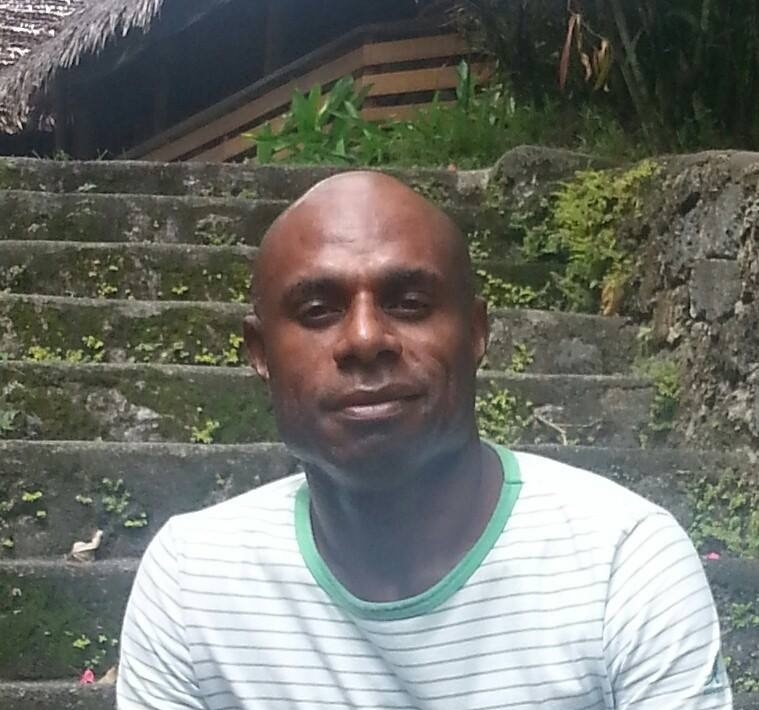The diverse sexual and gender community lives in secrecy in Papua New Guinea.
Emmanuel Peni, aka Manu, is an LGBTI and environmental activist from Sepik, in the coastal region of Papua New Guinea (PNG).
Manu is the president of Kapul Champions, the only national LGBTI network in Papua New Guinea. He told Amnesty International that his work is complicated by the fact that homosexuality is criminalized in PNG, and intolerant forms of Christianity influence public attitudes toward the LGBTI community.
Manu explained that the words “lesbian,” “gay,” “bisexual,” and “transgender” are heavily stigmatised in Papua New Guinea. He said that in PNG’s roughly 800 local languages, there used to be positive and inclusive terms to refer to diverse gender expressions; however, this changed with colonization and the arrival of missionaries. At present, in today’s intolerant social climate, it can be life threatening to express gender and sexual diversity in Papua New Guinea.
Manu said that the shame surrounding sexual identity runs deep within PNG society. In the main cities of Port Moresby and Lae, he explained, members of the LGBTI community face a high risk of extortion by the security forces.
Besides advocating for the protection of LGBTI rights, Manu is also the Coordinator of Project Sepik, an environmental group. Project Sepik conducts lobbying on behalf of some 400,000 people living along the Sepik River, a large freshwater wetland system in PNG. Manu is fighting to stop a mining project that, he believes, could result in tailings leaching into the river system, and could also harm the tropical rainforest. Manu claims that exploration work for the mine has already caused unprecedented sedimentation, damaging the livelihoods, food and water sources of local communities.
Manu claims that he faces media censorship in trying to spread awareness about environmental issues. In his view, the national media declines to broadcast stories of peaceful protests and impact of the exploration license on the community which in turn makes it more difficult for him to advocate for accountability.
Manu has faced threats and violence because of his work, including being harassed by the government and mining company officials. Manu explained, “my work has been trivialised, dismissed, discredited and treated with hostility by the government and the mining company.”
Above all, Manu wants the voices of the coastal community affected by mining exploration to be heard, and for the government to rescind legal provisions that still criminalise people based on their sexual orientation or gender identity.


